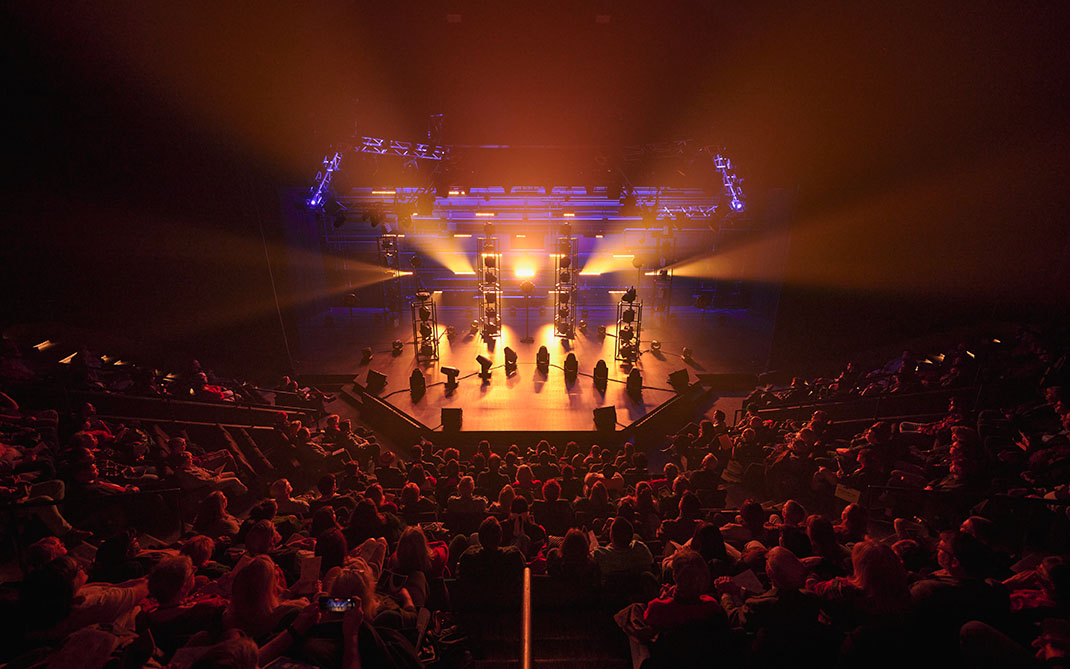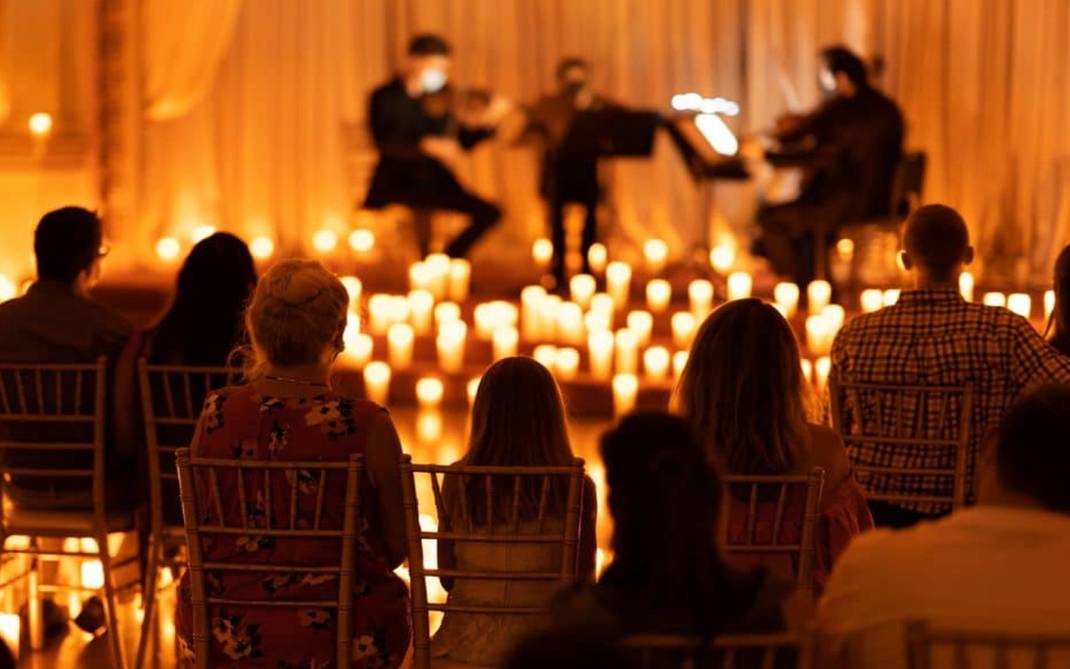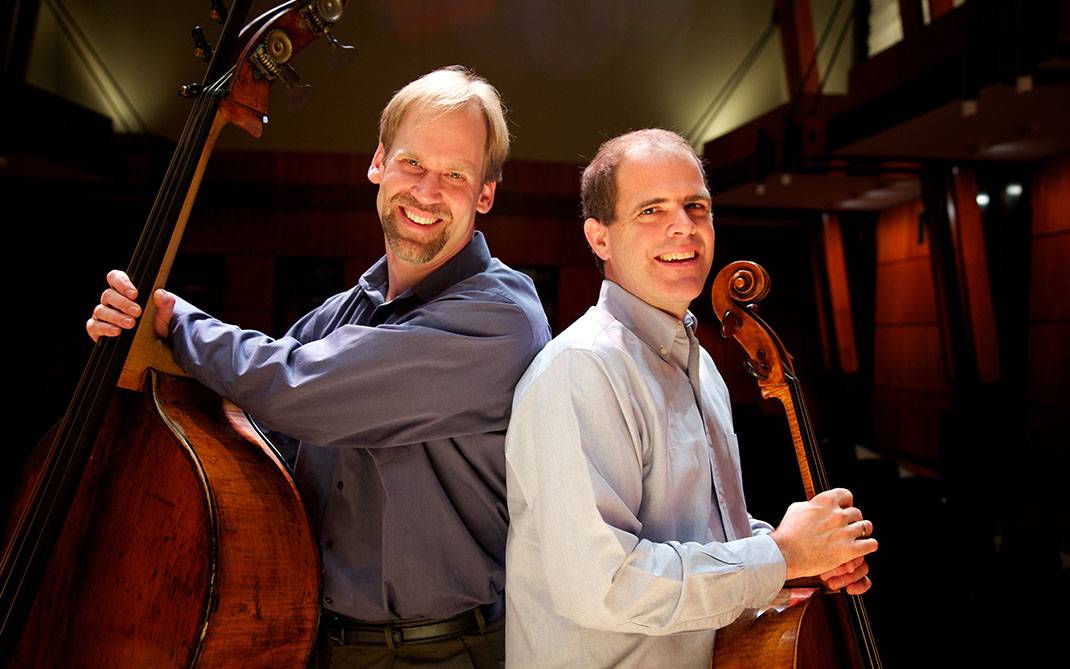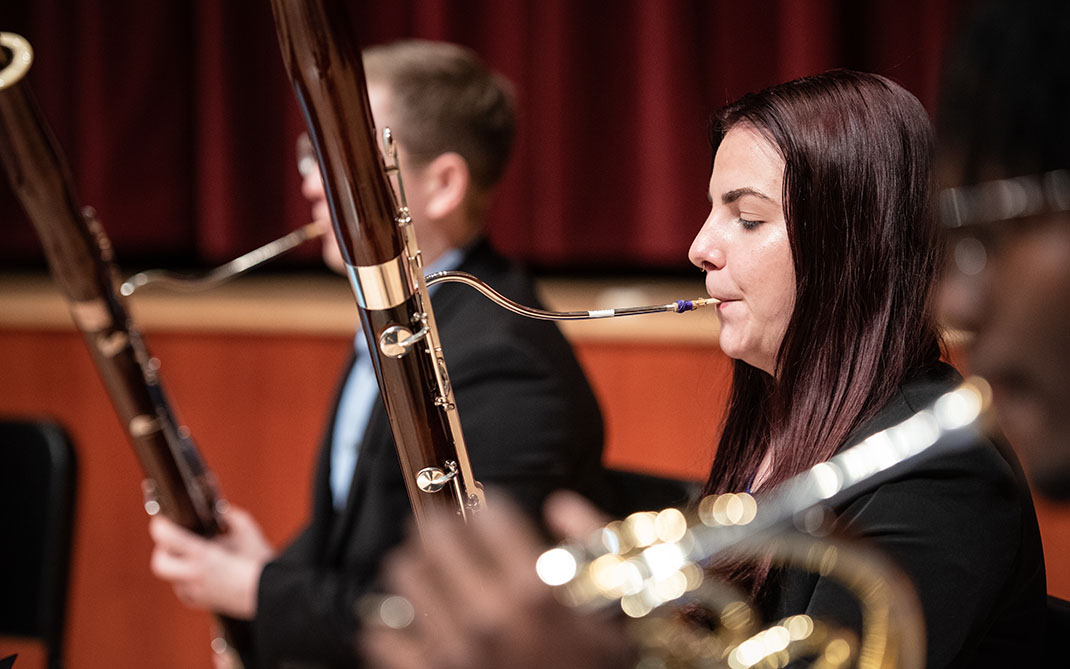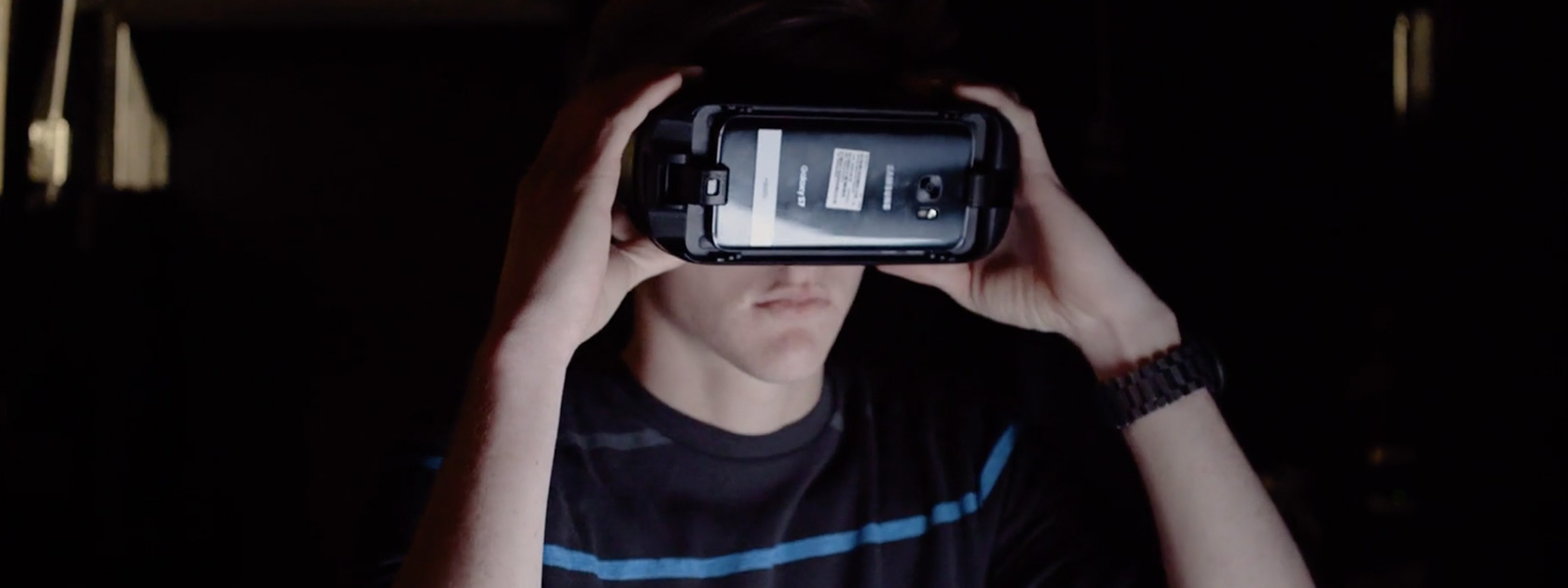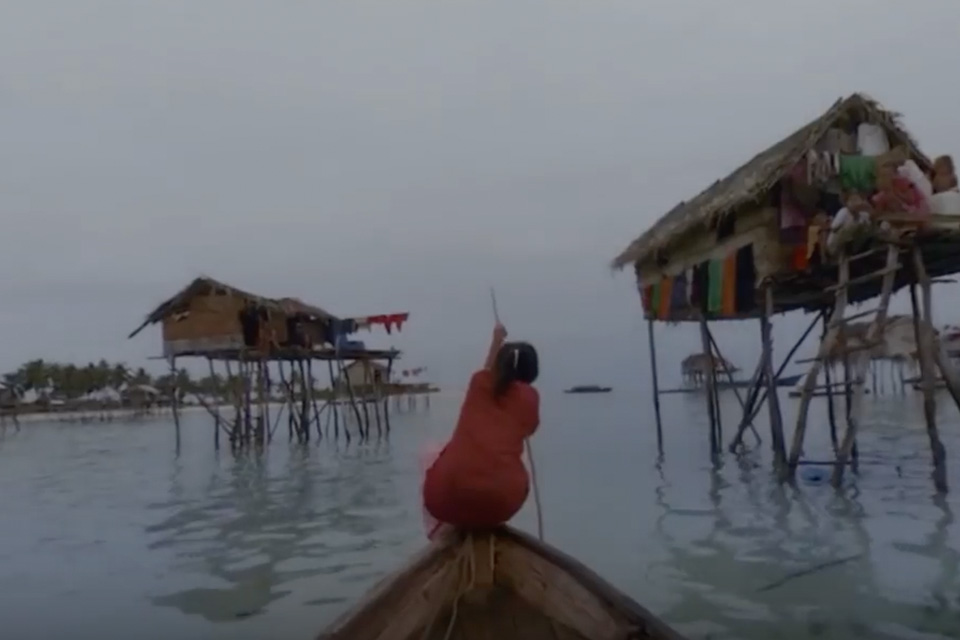What you need to know about VR videos and immersive entertainment
With virtual reality exploding across entertainment, media and countless other industries, so comes a need for people skilled in using VR technology. Behind the headset is a new generation of screenwriters, filmmakers, producers and countless others who are working to evolve their craft to incorporate multi-dimensional storytelling.
And leading the way is University of North Carolina School of the Arts, whose faculty and students are at the forefront of developing the playbook for bringing virtual reality to consumers. Here’s what you need to know about VR today and how UNSCA’s faculty and students are leading the way:
VR videos are one component of “immersive entertainment.”
Virtual reality is used to describe a three-dimensional, fully immersive, computer-simulated environment that can be explored by a person (referred to as the “experiant”). There are many forms of virtual reality experiences, and the technology required to make it varies, as does the technology to watch it. Some VR content can be accessed simply with a mobile phone; other content requires an immersive VR headset. For a good primer on virtual reality, watch “Cinematic Virtual Reality” by Felix and Paul Studios:
“There’s a lot of interpretation as to what virtual reality really is,” says Gary Tieche, Assistant Professor of Screenwriting. On one end are consumer-friendly cameras that can shoot 360 video with a smart phone. But there’s also a variety of more sophisticated technology that allows creators to make games, videos and films. Notable examples of work thus far includes the music video “Old Friend” (which must be viewed using Rift or Vive) and documentary films like “Clouds of Sidra,” a UN-produced documentary that follows a 12-year old girl in a refugee camp (which must be viewed using a smartphone and Google Cardboard or Samsung Gear VR).
“Virtual reality connects people with experiences that they wouldn’t have watching a conventional film,” Tieche says. “You’re not just watching a story; you are a part of it.”
Partnerships between industry and academia are crucial in developing the next wave of virtual reality.
“We’re in the Wild West of virtual reality now. There are no rules. We as faculty and students are learning as we go and sharing that information with industry,” Tieche says.
UNSCA partners with leading tech and industry companies, and is working with the same equipment that’s new to Hollywood. The School of Filmmaking is one of 11 schools nationwide to be chosen by Facebook-owned Oculus to receive state-of-the art equipment. The school also has received Samsung Gear VR headsets and phones, Samsung Gear 360 cameras and Rift-ready top-of-the-line computers from Advanced Micro Devices, equipment that is used in digital gaming and narrative filmmaking.
The use of this technology is incorporated across the curriculum, so even if students don’t want to focus on working with virtual reality, they can be exposed to it.
Virtual reality touches nearly every facet of the entertainment industry.
Last year, the School of Dance and School of Drama joined forces with the film school to shoot a VR video pilot called “DecipHER,” about a dance performance come to life. Nearly every aspect of a production must be considered when shooting VR video or film, including screenplay, all aspects of shooting and production (including lighting and sound), and how the actor interacts with the camera.
“From an actor’s point of view, shooting for VR is an entirely different experience -- a more intimate experience with the camera,” says Kevin Jones, Associate Professor of Creative Producing. “We’re learning how to instruct actors in this every day.” This experimentation and learning is going on behind the camera as well, as writers, directors, and producers develop new languages and methodologies to shooting immersive stories.
Experience in VR is a good thing to have on a resume.
“The entertainment business has always been about riding the next wave, and VR is part of that,” says Susan Ruskin, Dean of the School of Filmmaking. And in the case of understanding how to write, shoot and create immersive experiences -- that’s an area in which students can quickly become experts. “We can’t really predict where VR is growing, but there’s a lot of investment in it across the board. And there will be explosive growth,” says Ruskin. UNSCA students are encouraged to experiment with VR, as well as develop their own entrepreneurial skills to use this new technology.
Interested in virtual reality?
Explore the School of Filmmaking.
by Erin Street
August 03, 2017
